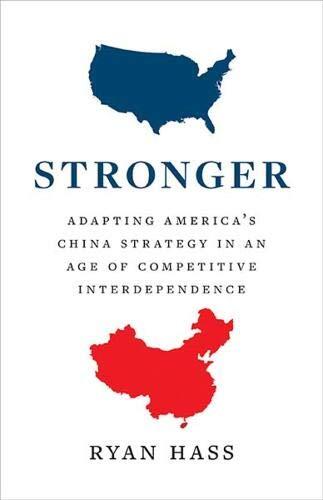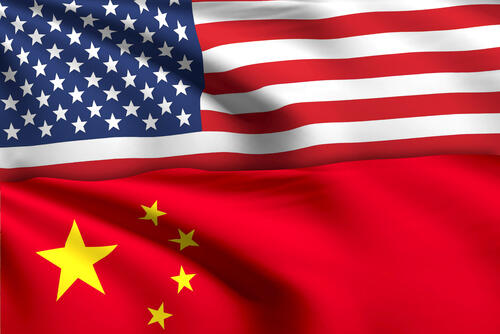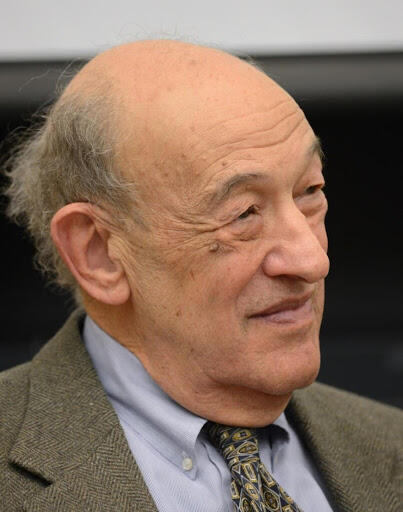Partner, Competitor, and Challenger: Thoughts on the Future of America’s China Strategy
The China Program at Shorenstein APARC had the pleasure of hosting Ryan Hass, Michael H. Armacost Chair in Foreign Policy Studies at the Brookings Institution for the program "Partner, Competitor, and Challenger: Thoughts on the Future of America’s China Strategy." Hass explored cooperation and competition between the United States and China before engaging in a lively Q&A session with the audience. Professor Jean Oi, William Haas Professor of Chinese Politics and director of the APARC China Program, moderated the event.
Presently, China is at once a major and increasingly hostile competitor to the U.S., a formidable challenger to U.S. regional and global leadership, and an important partner on a range of transnational challenges. An important and pressing question for many is whether or not it will be possible for both sides to coexist amidst intensifying competition. In his talk, Ryan Hass explored this question by delving into the present and future of US-China relations, as well as the discourse that shapes and is shaped by that relationship. He also discussed the likelihood of conflict between the two countries, particularly surrounding Taiwan, suggesting that it might not be as likely as many of us fear. Listen now:
Read More

Ryan Hass, Michael H. Armacost Chair in Foreign Policy Studies at the Brookings Institution, discusses the future of US-China relations. Can we find room for cooperation in this contentious relationship?












 Erin Baggott Carter is an Assistant Professor at the Department of Political Science and International Relations at the University of Southern California. There, she is also a Co-PI at the Lab on Non-Democratic Politics. She received a Ph.D. in Government from Harvard University, is currently a visiting scholar at the Stanford Center on Democracy, Development and the Rule of Law, and was previously a Fellow at the Stanford Center for International Security and Cooperation.
Erin Baggott Carter is an Assistant Professor at the Department of Political Science and International Relations at the University of Southern California. There, she is also a Co-PI at the Lab on Non-Democratic Politics. She received a Ph.D. in Government from Harvard University, is currently a visiting scholar at the Stanford Center on Democracy, Development and the Rule of Law, and was previously a Fellow at the Stanford Center for International Security and Cooperation.

 Oriana Skylar Mastro is a Center Fellow at Stanford University’s Freeman Spogli Institute for International Studies (FSI). Within FSI, she works primarily in the Shorenstein Asia-Pacific Research Center (APARC) and the Center for International Security and Cooperation (CISAC) as well. She is also a fellow in Foreign and Defense Policy Studies at the
Oriana Skylar Mastro is a Center Fellow at Stanford University’s Freeman Spogli Institute for International Studies (FSI). Within FSI, she works primarily in the Shorenstein Asia-Pacific Research Center (APARC) and the Center for International Security and Cooperation (CISAC) as well. She is also a fellow in Foreign and Defense Policy Studies at the 












